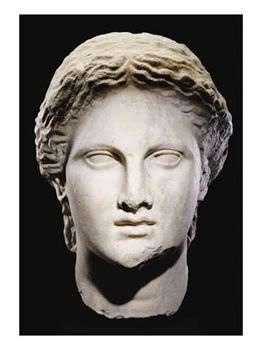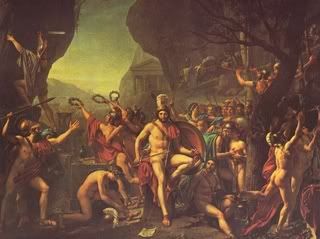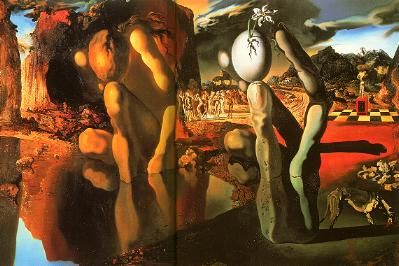But readers kindly suggested I share with them which are my favorite fragrances; at least some of them.
So without further ado below find a list of personal favorites. They may not be the most obscure nuggets in Fragoland but they do not get the praise they deserve. I wonder why. Maybe for those still in production this highly personal list might be the kick off to encourage more people to buy them and therefore actually keep them in production for awhile longer...At any rate I frequently use these and enjoy them.
I decided to match them each to a line of poetry I particularly enjoy. See if you do as well.
Acqua di Parma Blu Mediterraneo Ginepro di Sardegna
All the white horses are still in bed
Annick Goutal Myrrhe Ardente
And then she would smile to show me how and it was the saddest smile I ever saw.
Annick Goutal Musc Nomade
But we loved with a love that was more than love.
Apivita Earth
Moss circled; female; promised land.
Boucheron Femme
Rage rage against the dying of the light.
Chanel Antaeus
(They've aged us prematurely Yorgos do you realize?)
Crazy Libellule and the Poppies Musc & Patchouli
I have learned that to be with those I like is enough.
Frederic Malle Lys Mediterranee
Hope is the thing with feathers.
 |
| via |
Guerlain Parure
For a moment you waved your bolero and your orange petticoat like banners.
Guerlain Vetiver pour Elle
She seems celestial songs to hear.
Hermes Equipage
And I who longed to be buried one day in some deep sea of the distant Indies shall come to a dull and common death.
L'Artisan Parfumeur Passage d'Enfer
A gloomy line of snuffed out candles.
L'Artisan Parfumeur Oillet Sauvage
But I shall write a sorrowful ballad for the forgotten poets
Lancome Miracle So Magic
He kisses those adored lips; excites himself on that exquisite body.
Le Labo Gaiac 10
And in a way I'm yearning to be done with this measuring of truth
Ormonde Jayne Tolu
Two vast and trunkless legs of stone stand in the desert.
Oriflame Amber Elixir Night
Towards these isles of yours that await for me.
Paco Rabanne La Nuit
Misted the flowers weep as light dies.
Ramon Monegal Mon Cuir
Oh there is thunder in our hearts.
Serge Lutens La Myrrhe
You will not read the riddle though you do the best you can do.
Sonia Rykiel Woman Not for Men
Oh it's hard on the man. Now his part is over.
Valeur Absolue Sensualite
My face became all eyes and my eyes all hands.
Zara White Jasmine
Thy hair soft lifted by the winnowing wind.
BTW I noticed an interesting phenomenon by going through the list. There are almost no chypres there. [edit to add: I just thought that La Nuit could be classified as a quirky leathery chypre and Parure is a fruity chypre.] That's very odd because I ADORE chypres and I wear chypres quite a bit in my everyday existence! So what gives?
I came to realize that there are no "favorite less celebreated" chypres because all chypres have become celebrated in online perfumedom; even "chypres" that are not technically speaking chypres (Chanel No.19 I'm talking to you)!
This is what an avalanche of sweet tutti fruti scents does to the average perfumista; they retaliate by embracing the exact opposite end of the spectrum. Companies please take note. Therefore I couldn't include "less celebrated chypres". These will need to wait for a subsequent post of "favorite celebrated chypres" so we can all oooh and aaaah together in awed rapture...
.jpg)










.jpg)